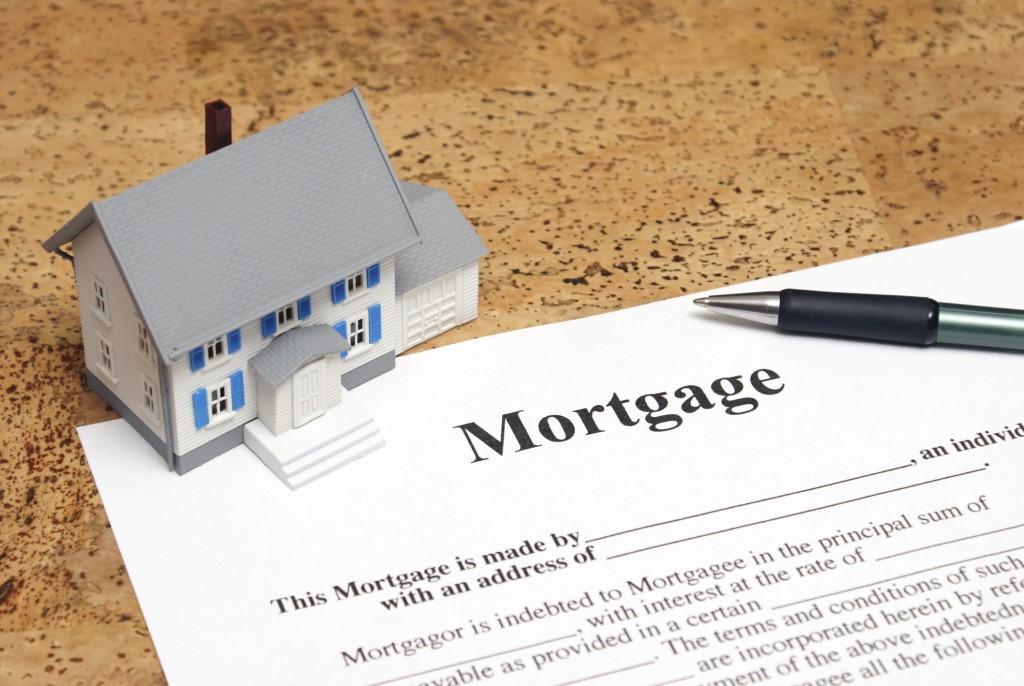Buying a home is one of the most significant financial decisions many people will make in their lifetime. Since very few individuals can pay for a house outright, mortgages play a critical role in making homeownership possible. But what exactly is a mortgage, and how does it work?
What Is a Mortgage?
A mortgage is a loan that a bank, credit union, or financial institution provides to help someone purchase real estate. The borrower agrees to repay the loan amount, plus interest, over a set period of time. The property itself acts as collateral, meaning that if the borrower fails to make payments, the lender has the right to repossess (foreclose) the property.
Key Components of a Mortgage
- Principal – The original amount borrowed to buy the home.
- Interest – The cost of borrowing money, expressed as a percentage (interest rate).
- Taxes – Property taxes, often included in monthly payments.
- Insurance – Homeowners insurance (and sometimes private mortgage insurance, PMI) may be required.
- Term – The length of the loan, commonly 15, 20, or 30 years.
Types of Mortgages
- Fixed-Rate Mortgage: The interest rate stays the same for the entire loan term, providing predictable payments.
- Adjustable-Rate Mortgage (ARM): The interest rate can change after an initial fixed period, usually leading to fluctuating payments.
- Government-Backed Loans: Programs like FHA, VA, or USDA loans that help first-time buyers, veterans, or rural residents qualify more easily.
- Interest-Only Mortgages: Borrowers pay only the interest for a certain period before starting principal payments.
Advantages of Mortgages
- Make homeownership achievable without paying the full cost upfront.
- Build equity (ownership value) over time as the loan is repaid.
- Mortgage interest may be tax-deductible in some countries.
Risks and Considerations
- Missing payments can lead to foreclosure.
- Interest rates significantly affect the total cost of the loan.
- Borrowers should avoid taking on more debt than they can comfortably repay.
Tips for Borrowers
- Check your credit score – Higher scores often mean better loan terms.
- Compare lenders – Interest rates and fees vary widely.
- Understand all costs – Beyond the mortgage, budget for taxes, insurance, and maintenance.
- Don’t overborrow – Choose a mortgage that fits your long-term financial goals.

✅ A mortgage is more than just a loan; it’s a financial commitment that shapes your future. By understanding the basics, borrowers can make informed choices and secure a home without unnecessary risks.



Thank you for your sharing. I am worried that I lack creative ideas. It is your article that makes me full of hope. Thank you. But, I have a question, can you help me?